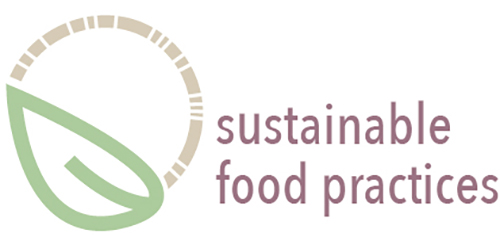
‘Diet and Public Health Campaigns: Implementation and Appropriation of Nutritional Recommendations in France and Luxembourg’
30th August – 1st September 2017
Dr. Rachel Reckinger and Dr. Faustine Régnier presented their paper ‘Diet and Public Health Campaigns: Implementation and Appropriation of Nutritional Recommendations in France and Luxembourg’ at the 13th Conference of the European Sociological Association in Athens, Greece from the 29th of August to the 1st of September 2017. The topic for the Conference was ‘(Un)Making Europe: Capitalism, Solidarities, Subjectivities’.
Download the programme here
Abstract
Based on two surveys – a French and a Luxembourgish one – with in-depth- interviews, this paper examines the implementation of nutritional recommendations in two European countries. Each of them has promoted at governmental level a public health campaign regarding food consumption and daily diet.
In which way – and by which social categories – are the recommendations taken in and put into practice, and if so, which appropriation processes and interpretations occur? Do the social, societal and cultural differences between Luxembourg and France, in terms of standard of living and dissemination of norms account for differentiated appropriations of dietary incentives?
We will first compare the overarching goals as well as the dietary norms these two programs promote, in terms of similarities versus particularities both of the recommendations’ content and of the way they are communicated. We will then examine the perception of these norms. The comparison France / Luxembourg shows that socio-cultural logics override national ones : the way in which individuals perceive the recommendations and appropriate them reflect more the social affiliation than the national one; gender and the events of the life cycle, particularly parentality, are also relevant to the reception of dietary recommendations.”
Transversal to all social milieus and in both national contexts, interviewees operate a selective internalisation of the perceived recommendations in a proactive yet pragmatic posture of personal responsibility. Ultimately, public dietary recommendations are only appropriated if they match people’s daily priorities and constraints, as well as the general cultural values of their social milieu. This allows us to conclude to transnational, transversal, plural and distinctive everyday- cultural models of food consumption and differing notions of a “proper” diet.


